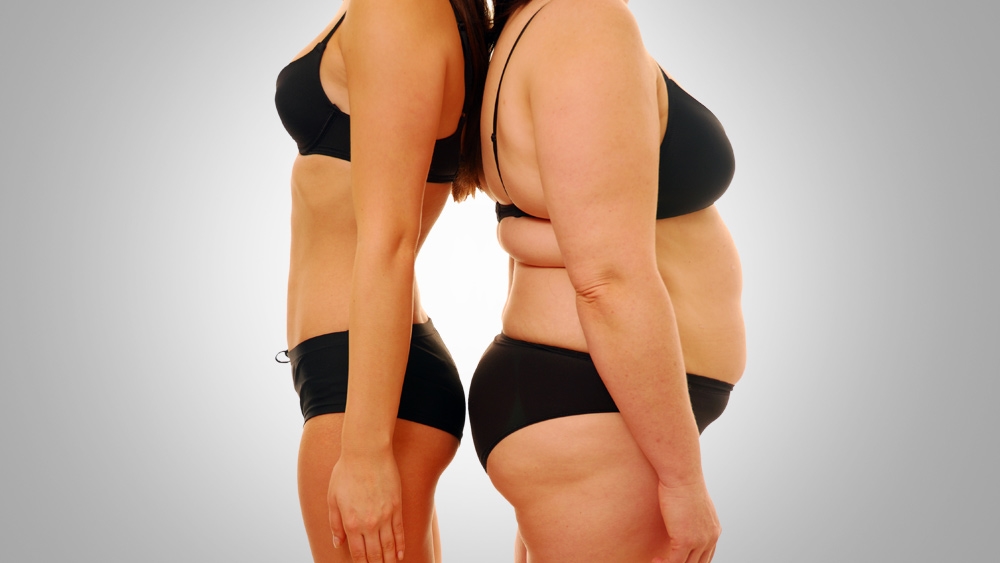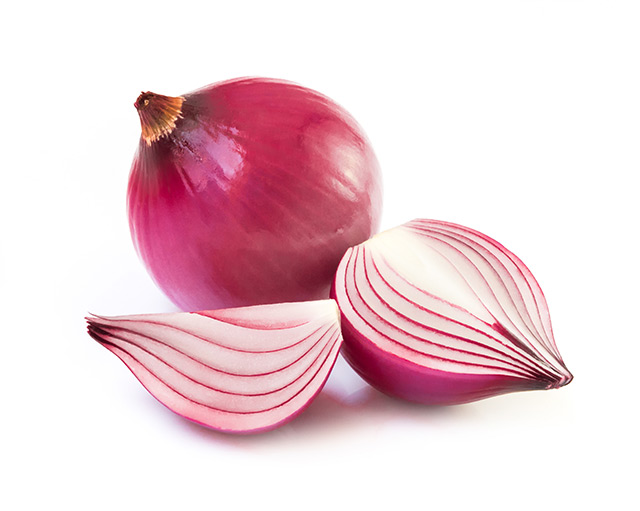Why the weight loss tricks you used in your 20s stop working
10/14/2015 / By Carol Young

As people age and their metabolism slows down, weight loss becomes a struggle for most even as they maintain healthy diets and exercise. How does metabolism play such a big role in maintaining a healthy weight?
In our 20s, weight loss can be incredibly easy because your metabolism is still very fast. You may see weight loss stories of people losing over a hundred pounds, but those successes could partially be attributed to the person’s age. Losing weight after a certain age can be much more challenging.
Some young people can easily drop a few pounds by just eliminating soda from their diet, but if this trick doesn’t work for you anymore, then stop trying the same techniques you used in your 20s. When you enter your late 30s, 40s and 50s, you will need to try new weight loss routines to help you slim down.
- Eat more protein, fresh fruits and vegetables: Protein does not always have to come in the form of meat. In fact, you should actually limit your meat intake, particularly red meat, to just a couple of times a week. Also, if you do intend to eat poultry, beef or any other animal source, it is important that you only buy meat that has been produced in an ethical way: i.e., the animals have been raised and slaughtered in a humane manner. You can get your protein from other sources such as eggs or lentils. Vegetables are full of nutrients and vitamins that are low-calorie and filling. You can eat as many vegetables as you want without any of the guilt.
- Eat more amino acids: In Johnny Bowden’s book The Low Carb Life he writes, “Specific amino acids found in protein may also play a role in weight loss.” These amino acids can be found in protein-rich foods such as eggs, fish and meat.
- Eat to heal hormonal imbalances: As we age, hormonal imbalances can really wreck havoc on our waistline. “In fact, weight-loss research proves that because of shifting hormone production, the average person will add one to two pounds around his or her middle each year between the ages of thirty-five and fifty-five,” according to Dr. C.W. Randolph in From Belly Fat to Belly Flat. Hormone-balancing foods include clean proteins, anti-oxidant rich vegetables such as dark green cruciferous vegetables, and healing spices such as cinnamon, turmeric and cayenne.
- Eat the RIGHT foods to fill you up: These foods include organic whole foods that have a lot of nutritional value, not processed, fried or fatty foods. Most of us could eat a burger every night of the week in our 20s without becoming overweight, but the truth is when you get older you can no longer afford to eat like a 4-year-old. Snacking on sweets and processed foods will harm your body, and when you only have one body you better take care of it. Learn to cook healing whole foods in a way that you enjoy, whether it be roasting vegetables with olive oil and spices or blending your favorite fruits into a smoothie. When you learn to prepare healthy foods in a way you enjoy, you will be more likely to go for a nutritious meal over a fast fat-laden one.
- Exercise PROPERLY for maximum benefits: Do you think the nightly walk with your dog is going to be enough exercise? You are likely not getting enough if your workout only includes a daily stroll around the neighborhood. While even just 25 minutes of BRISK walking a day can extend your life, it is nonetheless important that you add some type of strength training to your exercise routine. Take the advice from The Spark: The Revolutionary New Plan to Get Fit and Lose Weight-10 Minutes at a Time: “Perform intense aerobic workouts, 20 to 60 minutes at a time, 3 to 5 times a week, combined with 2 to 3 times a week of both strength–training and flexibility exercises. You’ve heard this all before…Intense, sweat-inducing exercise. Twenty minutes to a full hour. Three to five days a week. Spend your days off lifting weights. And find an hour somewhere in there to stretch.”
- Get more QUALITY sleep: You know how important sleep is for your health, and new studies are backing up your intuition with science: Read this fascinating study that shows how sleep deprivation is actually tied to shifts in hunger hormones. In addition to getting enough sleep, also be sure to find ways to lower your stress, as chronic stress can also cause the pounds to be difficult to lose.
Most of us can admit that there is more we can do to manage our weight. Remember, even just carrying an extra ten pounds will harm your health. Can you imagine what it would be like walking around with ten pound weights shackled to your ankles everyday? Now imagine this same weight sitting on top of your stomach, where all of your important internal organs are. Does even just ten extra pounds sound so negligible to you now?
Weight loss is not about trying the most recent crash diet or fad diet. The key to losing weight is a lifestyle change, whether it be a change in your diet, your fitness level or your work and life balance.
Sources:
Tagged Under: weight loss




















